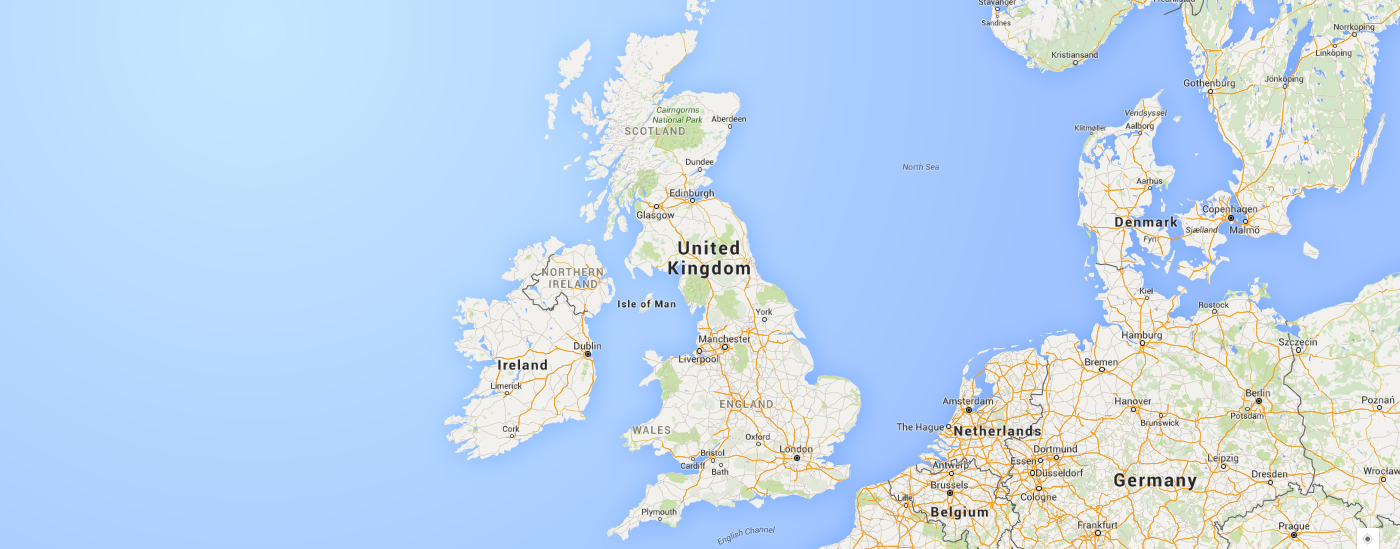The information on this page was current at the time it was published. Regulations, trends, statistics, and other information are constantly changing. While we strive to update our Knowledge Base, we strongly suggest you use these pages as a general guide and be sure to verify any regulations, statistics, guidelines, or other information that are important to your efforts.

Brexit Update:
Since the UK officially left the European Union on January 31, 2020, the relationship between the two has evolved and continues to be shaped by the ongoing implementation of the withdrawal agreement.
Key Dates:
-
January 31, 2020: UK officially left the EU and entered a transition period that ended on December 31, 2020.
-
December 31, 2020: The transition period ended, and the UK fully exited the EU single market and customs union.
-
January 1, 2021: The UK-EU Trade and Cooperation Agreement came into effect, outlining the post-Brexit relationship between the two entities.
-
2023/2024 Current: The UK and EU are still navigating the ongoing implementation and potential revisions of their post-Brexit relationship.
It's crucial for businesses operating in either the UK or the EU to stay informed about the latest developments and adjust their operations accordingly.
Resources for Further Information:
Facts About The United Kingdom
To help get you started, we've gathered some key information on the UK. These UK stats are designed to give you a quick summary for what you'll learn more about throughout the Globig site. If there's something missing, use Ask Globig to send us your request. We'll let you know when we've added the UK information you'd like to see.
Conventional long form name: United Kingdom of Great Britain and Northern Ireland (Note - The United Kingdom includes England, Scotland, Wales, and Northern Ireland. Great Britain includes England, Scotland, and Wales)
Conventional short form name: United Kingdom
Overseas Territories: Anguilla, Bermuda, British Indian Ocean Territory, British Virgin Islands, Cayman Islands, Falkland Islands, Gibraltar, Montserrat, Pitcairn Islands, Saint Helena, Ascension, and Tristan da Cunha, South Georgia and the South Sandwich Islands, Turks and Caicos Islands
Official Language: English
People of the UK:
Noun: Britons or British
Adjective: British
Abbreviation: UK
Internet Country Code: .uk
Capital of the UK: London
Capital of Northern Ireland: Belfast
Capital of Scotland: Edinburgh
Capital of Wales: Cardiff
European Union (EU) and Brexit: Previously a member of the EU, UK citizens voted on 23 June, 2016, to leave the EU via Brexit. The UK formally left the EU on January 31, 2020. The UK is no longer bound by EU regulations, offering some flexibility but also creating additional work for businesses that need to comply with both UK and EU regulations. The UK-EU relationship is fluid and evolving, and it's crucial to stay informed about the latest developments to understand the implications for businesses and individuals in both regions.
Total Population: 67 Million
Major Urban Areas: LONDON (capital) 9.648 million; Manchester 2.791 million; Birmingham 2.665 million; Glasgow 1.223 million; Liverpool 870,000, Leeds 865,000(2023) Source: Statista, CityPopulation.de
Currency: The British currency is the pound sterling. The sign for the pound is £ and GBP stands for Great British Pound. They do not use the Euro, though some of the larger shops will accept Euro. Since 1971, the pound has been divided into 100 pence, often called “pee”. The singular of pence is penny and the symbol is “p”.
Thousands Separator (comma) and Decimal Mark (dot): 1,234,567.89
Clock: People in the UK use both the 12-hour and the 24-hour clocks. Timetables, such as for planes and trains, generally use the 24-hour clock, in that after 12:00 noon, the times continue to go up to 24 hours. For example, 3:00 p.m. would be 15:00. In general conversation, the 12-hour clock is used.
Dates: Day Month Year, with no punctuation. 1 February 2023 or 1/2/2023 or 1st February 2023 or Sunday 1 February 2023
Time Zone: There is one time zone in the UK. The local time in the summer is referred to as BST British Summer Time. In winter it's referred to as GMT (Greenwich Mean Time), and is based upon the UTC (Coordinated Universal Time) time at Greenwich, England
Daylight Saving Time: +1hr, begins last Sunday in March; ends last Sunday in October
note: applies to the United Kingdom proper, not to its overseas dependencies or territories
Phone Number Country Code: 44
Landline Phone Number Format: Area code (2-5) digits + local number (total of 10 digits)
Cell Phone Number Format: 10 digits
Calling to the UK from the US or Canada: 011 44 XX XXXX XXXX
Standard Work Week: 48 hours, but the average work week is around 40 hours
Annual Paid Leave: Most full-time workers in the UK are entitled to a minimum of 28 days of paid annual leave per year, or 5.6 weeks. This is a statutory right under UK law.
Voting Age: 18 years old in England, Wales and Northern Ireland; 16 years old in Scotland
Drinking Age: 18, though children 16 and 17 can consume alcohol purchased by their parents at licensed premises while together
Smoking: Smoking in all indoor public places (including train station platforms) is illegal in the UK. Only smoke when outside or in a designated smoking area. If you do light up inside a public place - and this includes pubs - you will be quickly thrown out and may be fined or arrested

GOV.UK
UK Office for National Statistics site that creates visuals for their statistics
Population Estimates
To view and compare a wide range of economic indicators such as GDP, inflation, health spending, and many more across countries




